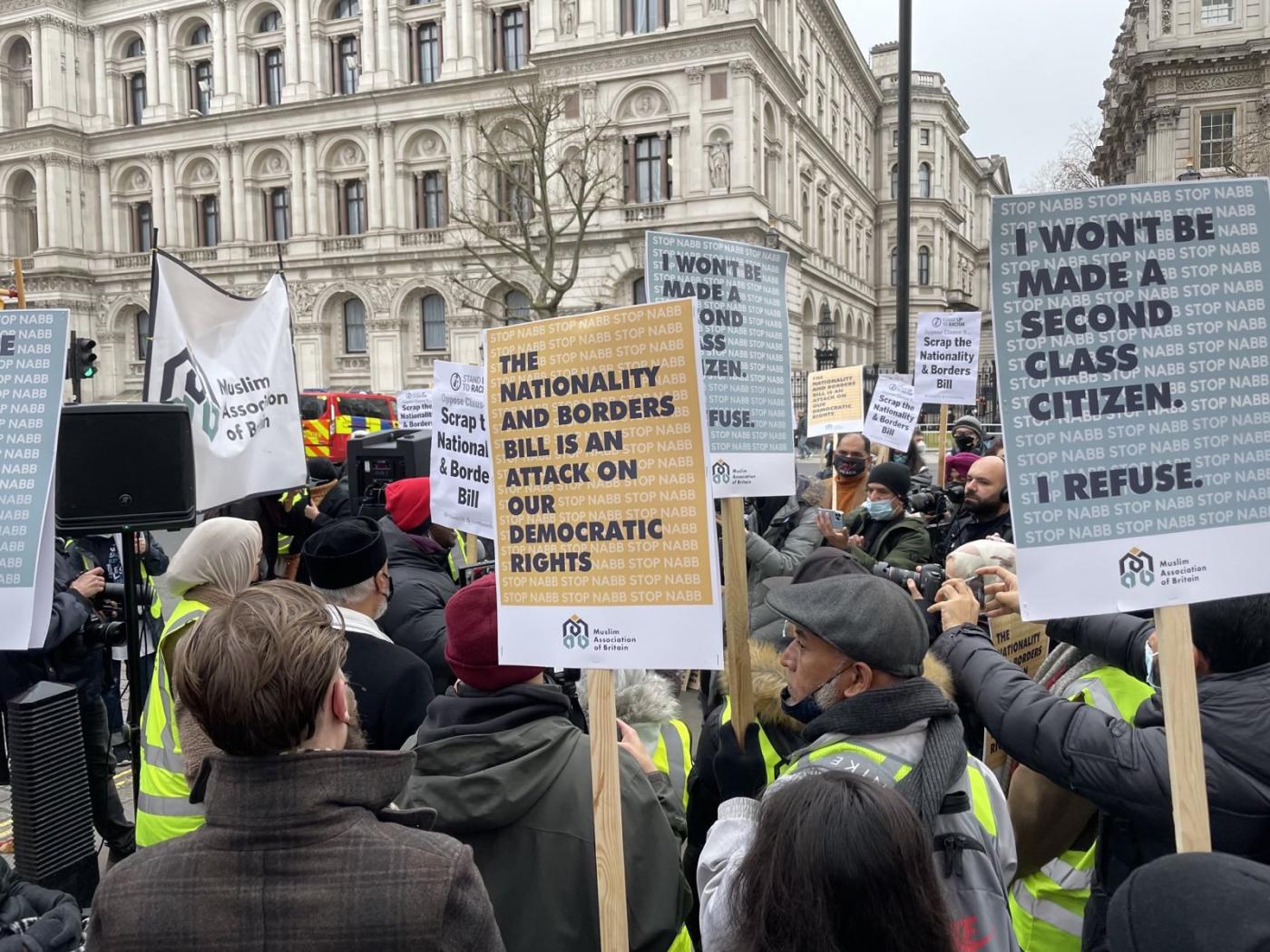In a recent study about the political identities of Turkish youths, Selçuk Şirin finds that Kurdish youths feel more discriminated against than other Turkish youths, whereas young Armenians in Turkey do not feel more political pressure than Turks of the same age. Jan Felix Engelhardt spoke to the New York-based professor of applied psychology about his findings
Selçuk Şirin: “Young people in Turkey are not buying into this split idea of left vs. right, or Islamists vs. Secularists”
Mr. Şirin, for your study “Research on Identities of the Youth” you conducted in-depth interviews about political identities with approximately 1,400 18-25 year-olds. What kinds of political identity did you investigate?
Selçuk Şirin: What we were trying to do is to understand identity as a social construct. In the context of Turkey, where we have political parties or political groups that only explain or describe their own identity in opposition to others, it is very difficult to find people who have multiple identities.
However, I was delighted when my research showed that young people in Turkey are not buying into this split idea of left vs. right or Islamists vs. Secularists. Young people in Turkey have multiple identities. They combine patterns of political identity like religious identification, the degree to which one feels part of the Turkish nation and the feeling of belonging to what we call the “secular movement” or “Atatürkism”.
In all three areas, we measured the participants’ degree of identification, not by asking them “either-or” questions, like “Do you have a Muslim identity or are you a Kemalist?”, because that is that kind of question that has created the current situation in Turkey: “Are you this or that?” In reality, people say “I like Atatürk and I also feel like a Muslim.” Young people in particular don’t see identity as an “either-or” question.






